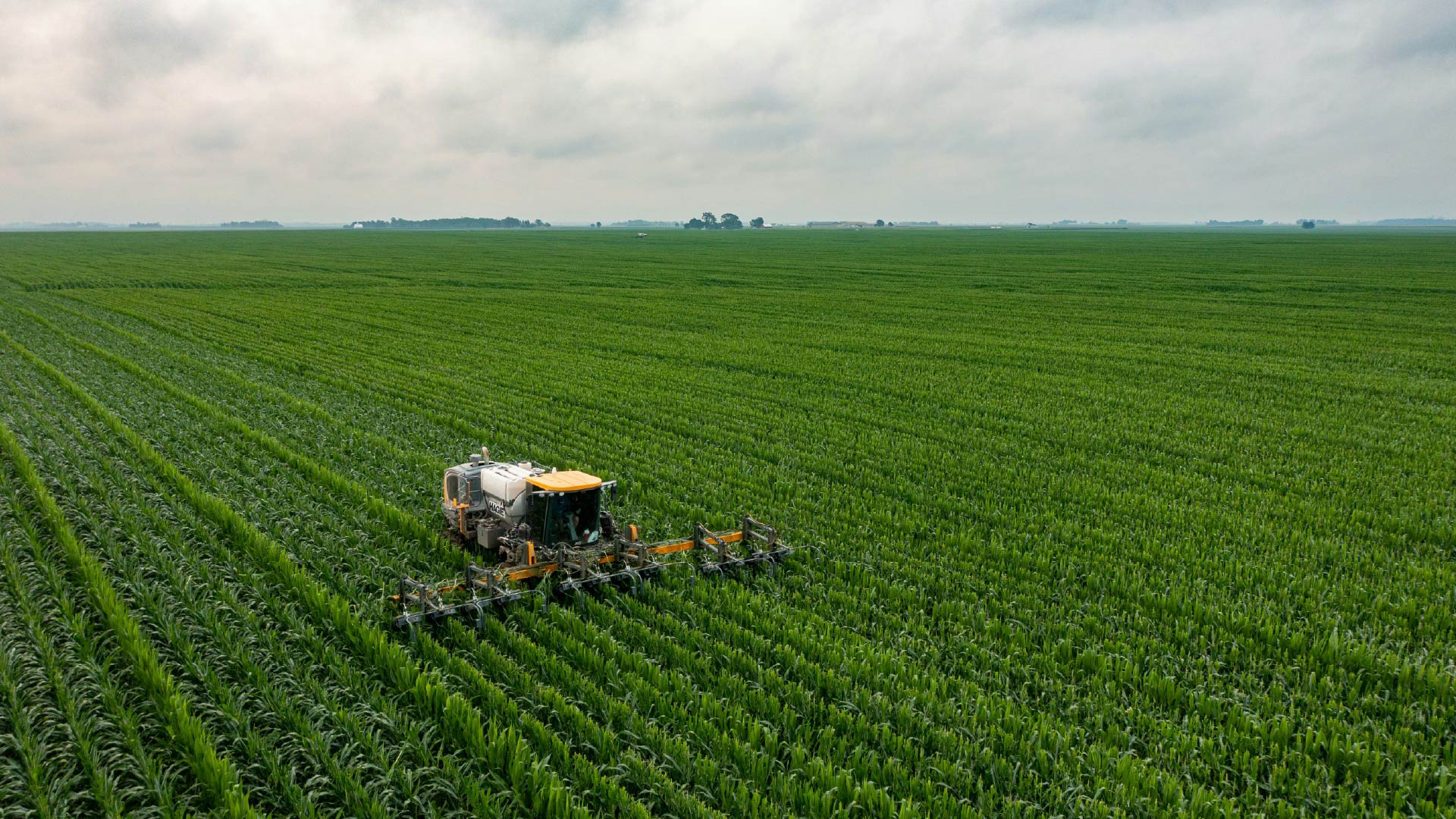Retraced Raises €15M: Reinforcing The Requirement For Supply Chain Traceability In Retail
Retraced, an apparel-focused supply chain traceability software vendor, has secured €15 million in Series A funding led by Partech. Supply chain traceability software is part of a larger market for supply chain sustainability software, which is forecast by Verdantix to grow at a CAGR of 29% from $1.7 billion in 2023 to over $7.7 billion by 2029. The retail sector alone accounted for 19% of total spend in this market in 2023, and will be the fastest growing industry with a CAGR of 35%.
As demand for transparency and ethical sourcing increases, software platforms like Retraced play a key role in helping brands trace the environmental and social impacts of their supply chains. This is particularly critical in the retail sector, due to the extensive, complex and often opaque nature of global supply chains. Verdantix has identified the core capabilities that support buyers’ aims of achieving this transparency and sustainability in their value chains as: supply chain network mapping and risk assessment, product mapping for responsible sourcing, and material mapping through forensic and additive tracing.
Key drivers for supply chain traceability
Consumers, investors and regulators are increasingly demanding visibility into how products are made, including ethical sourcing, environmental performance and labour conditions. The drivers increasing the uptake of supply chain traceability solutions are:
- Industry-specific regulations.
The retail industry, in particular, faces growing regulatory pressures, such as the EUDR, CSDDD and the New York Fashion Sustainability and Social Accountability Act. In the retail sector, tracing the provenance of raw materials like cotton is critical for compliance with regulations like the US Uyghur Forced Labor Prevention Act (UFLPA), which mandates that firms prove the ethical sourcing of their materials. Traceability is particularly relevant for fashion brands that source textiles from high-risk regions.
- Circular economy transition.
Traceability is also a critical aspect of the circular economy. Regional advancements include the EU Circular Economy Action Plan (CEAP), which mandates that firms provide detailed information on product life cycle – from sourcing to disposal – increasing the need for advanced supply chain traceability software that can facilitate the creation of digital product passports (DPPs). Retraced, among other vendors like Circularise, is introducing DPP offerings, helping organizations verify material provenance. Such tools allow brands to track products through every stage of the supply chain, ensuring that sustainability claims are accurate and verifiable.
- Stakeholder expectations.
The push for end-to-end traceability is not just about regulatory compliance; it also addresses growing stakeholder expectations. As consumers become more sophisticated in their understanding of sustainability, they expect brands to provide evidence of ethical practices across their supply chains. According to a 2023 KPMG survey, 54% of UK consumers will avoid brands if they suspect misleading product sustainability claims. Supply chain traceability software helps brands avoid potential boycotts and related reputational risks by improving transparency, ultimately fostering consumer trust. This shift has made traceability a business imperative, as well as a moral obligation.
Read the following reports to learn more about this market, and look out for our upcoming smart innovators on product and materials traceability:
Verdantix Strategic Focus: Traceability In The Supply Chain
Verdantix Market Overview: Supply Chain Sustainability
Verdantix Tech Roadmap: Circular Economy And Supply Chain Sustainability Technologies (2024)
About The Author

Jessie Wilson
Industry Analyst





